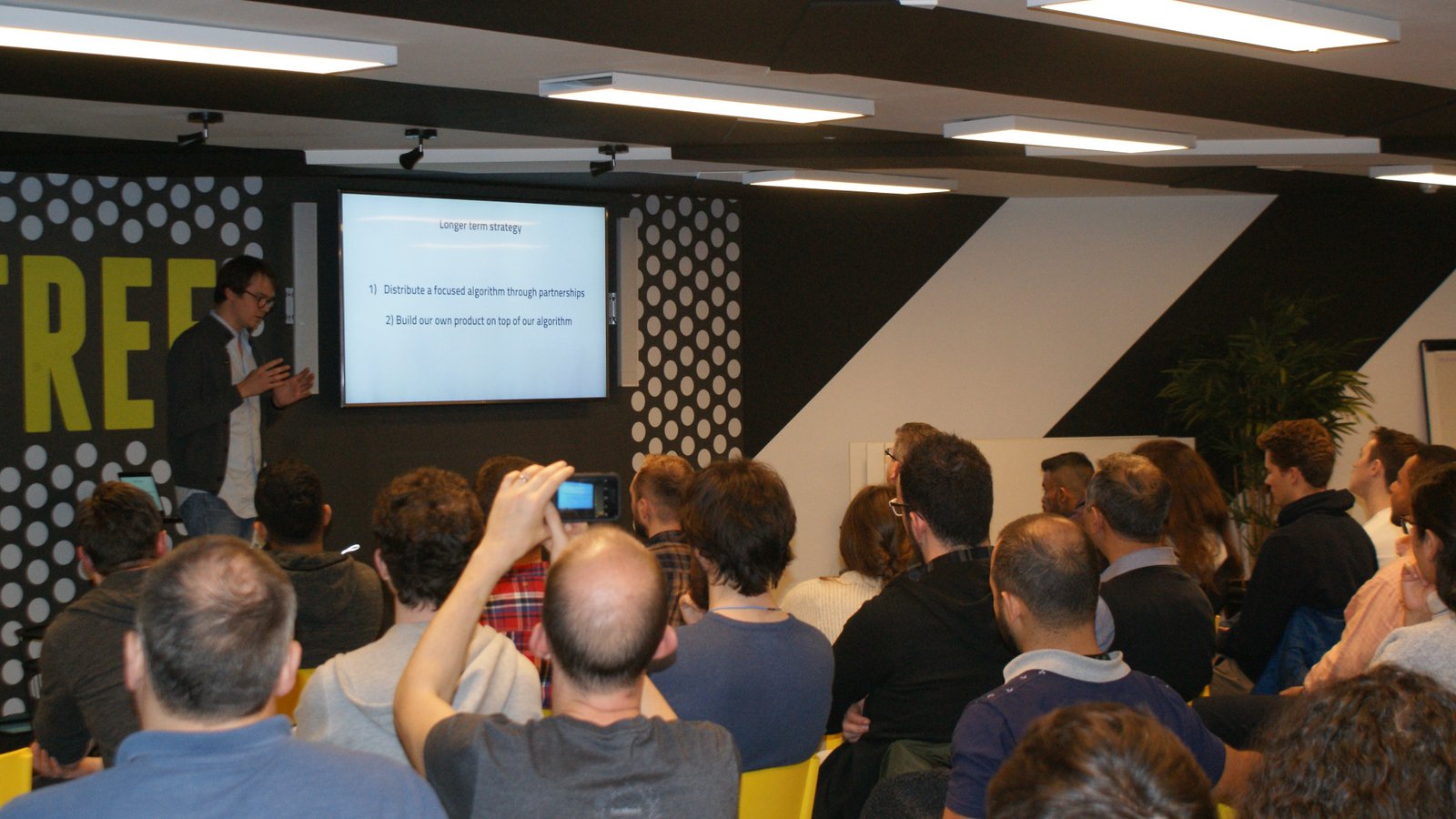Welcome to the future of business operations, where ChatGPT is transforming the way enterprises function. From content creation to market research, this cutting-edge tool offers an array of benefits that can revolutionize your business.
In this blog post, we will delve into the world of ChatGPT, explore its capabilities and reveal some groundbreaking ways to maximize its potential for your organization.
Unveiling the Mystery of ChatGPT
OpenAI’s ChatGPT utilizes generative pre-trained transformers to produce text based on user input. Its formidable power lies in its ability to assist with various tasks, including crafting engaging content and conducting insightful market research.
Exploring ChatGPT’s Boundless Potential
The versatility of ChatGPT makes it an indispensable asset for businesses of all sizes. It can be employed to research diverse topics, rephrase information, translate text across languages, and even grade tests. However, it’s essential to recognize its limitations and employ it ethically in all applications.
Mastering the Art of Prompt Generation with ChatGPT
The key to unlocking ChatGPT’s full potential lies in crafting effective prompts. By providing context and engaging with the AI conversationally, you can enhance the quality and relevance of its output significantly.
Ten Game-Changing Applications of ChatGPT
Embrace the transformative potential of ChatGPT for your business with these ten innovative use-cases:
- Streamlining Blog Topics and Keyword Research
- Crafting Engaging Website Copy
- Enhancing Proofreading and Editing Processes
- Developing Customised WordPress Plugins
- Assisting in Writing and Debugging Code
- Generating Captivating Video Scripts
- Creating Interactive Surveys and Quizzes for Market Research
- Conducting In-depth Market Research with AI Insights
- Crafting Compelling Product Descriptions
- Unleashing Creativity with AI-Generated Art
Conclusion: Embracing the Future with ChatGPT
ChatGPT is more than just a tool; it’s a technological revolution that has firmly established its place in the modern business landscape. By harnessing its capabilities and leveraging it effectively, businesses can unlock unprecedented levels of efficiency and creativity.
Frequently Asked Questions
We’ve compiled answers to some of the most common questions about ChatGPT to help you understand this tool better and make the most of its potential.
Integrate ChatGPT into your business operations today to create high-quality, SEO-optimized content that drives traffic and propels your enterprise into the future. Embrace the power of AI and let ChatGPT shape the way you do business.
Apply now to the 2023 AI Awards!

Applications for the 2023 AI Awards are still open until August 25th so if you or someone you know is working on exciting projects, products, services and leaders in AI, Data Science and Machine Learning that are making a real impact in the industry, we want to hear from you!It’s free to enter and there are 12 categories you can apply for across industry, academia and leadership.
Head over to www.aiawards.ie to submit an application or please feel free to contact liam@aiawards.ie with any queries about the submission process.







